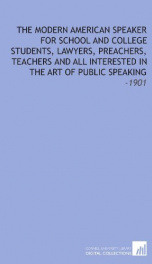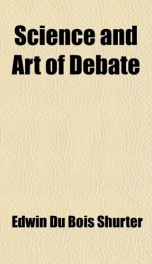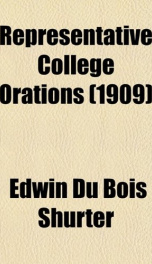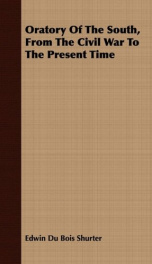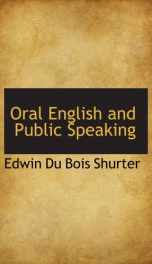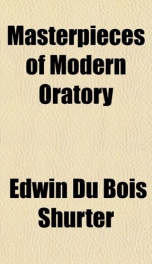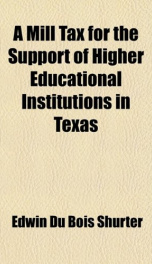how to debate
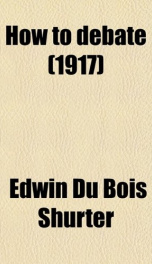
Purchase of this book includes free trial access to www.million-books.com where you can read more than a million books for free. This is an OCR edition with typos. Excerpt from book: know it inside and outside, upside and downside. Thus everything had to run through the crucible and be tested by the fires of his analytic mind; and when at last he did speak, his utterances rang out with the clear and keen ring of gold upon the counters of the understanding." In the introduction of his noteworthy address at Cooper Institute, New York, February 27, 1860, this analytic quality Is forcibly shown. Taking as his "text" a quotation from Senator Douglas, Lincoln defines the terms, states the common ground, and then reaches the main issue, as follows: In his speech last autumn, at Columbus, Ohio, as reported in the New York Times, Senator Douglas said: "Our fathers, when they framed the government under which we live, understood this question just as well, and even better, than we do now." I fully indorse this, and I adopt it as a text for this discourse. I so adopt it because it furnishes a precise and agreed starting-point for a discussion between Republicans and that wing of the Democracy headed by Senator Douglas. It simply leaves the inquiry: What was the understanding those fathers had of the question mentioned? What is the frame of government under which we live? The answer must be, "The Constitution of the United States." . . . Who were our fathers that framed the Constitution? I suppose the thirty-nine who signed the original instrument may be fairly called our fathers who framed that part of our present government. . . . What is the question which, according to the text, those fathers understood "just as well, and even better, than we do now"? It is this: Does the proper division of local from Federal authority, or anything in the Constitution, forbid our Federal Government to control slavery in our Federal territories? Upon this, Senator Douglas hol...
Info about the book
Author:
Series:
Unknown
ASIN:
B0079663TA
Rating:
3/5 (2)Your rating:
0/5
Languge:
English
Users who have this book
Users who want this book
What readers are saying
What do you think? Write your own comment on this book!
write a commentGenre
if you like how to debate try:
Do you want to exchange books? It’s EASY!
Get registered and find other users who want to give their favourite books to good hands!

